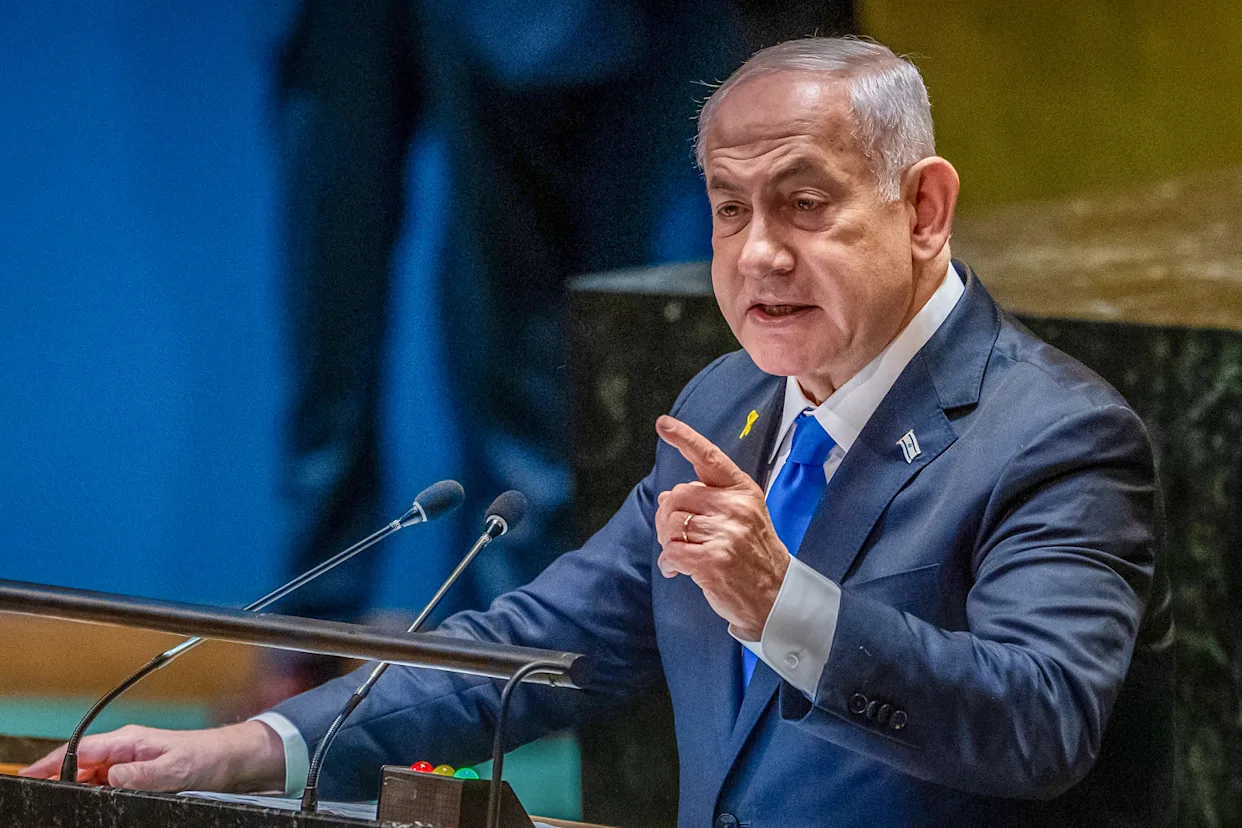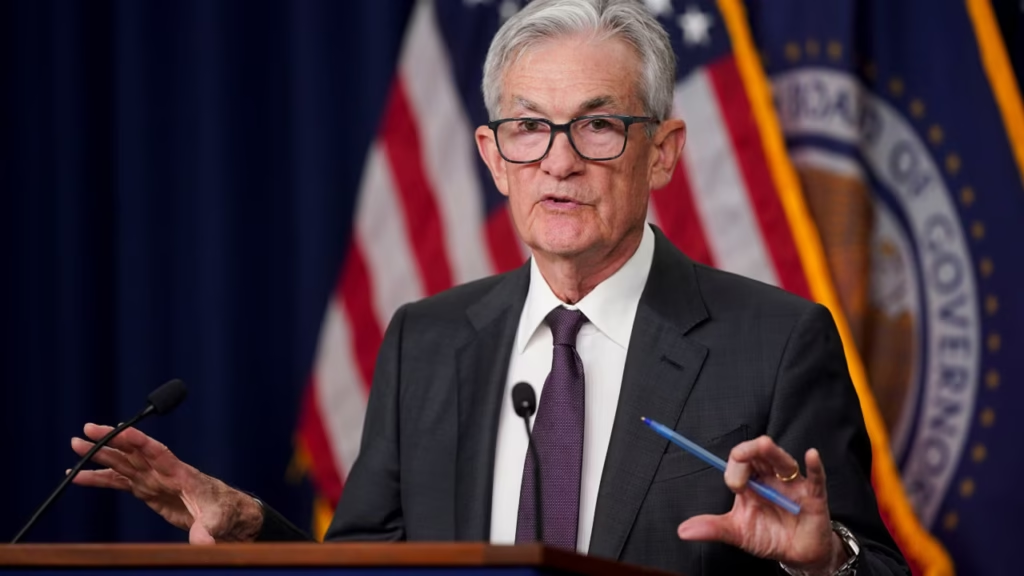Now Reading: Netanyahu’s Syria Airstrikes Draw Sharp Criticism from US Officials: Tensions Rise Between Allies
-
01
Netanyahu’s Syria Airstrikes Draw Sharp Criticism from US Officials: Tensions Rise Between Allies
Netanyahu’s Syria Airstrikes Draw Sharp Criticism from US Officials: Tensions Rise Between Allies

Israel’s latest military strikes on Syria have triggered serious friction with the United States, with senior American officials reportedly calling Prime Minister Benjamin Netanyahu’s actions “reckless” and accusing him of acting like a “madman.” The harsh words reflect growing frustration in Washington over what it sees as unpredictable and dangerous escalation in an already volatile region.
What Sparked the Tension
According to reports, the Israeli strikes targeted military installations in Syria, with the stated aim of curbing Iranian influence and neutralising threats to Israel’s security. However, the timing and intensity of the attacks—without prior consultation with the US—have irritated American policymakers, who are worried these moves could trigger broader conflict involving Russia and Iran.
The US believes Netanyahu is using these strikes to shore up domestic political support while disregarding larger strategic risks. The White House is reportedly unhappy with the lack of coordination and the increasing unpredictability of Israel’s security decisions.
Behind the Strong Language
The phrase “acting like a madman,” reportedly used by US officials in private briefings, underscores the deepening distrust between the Biden administration and Netanyahu’s leadership. While the US has traditionally supported Israel’s right to self-defense, this open criticism signals a shift in tone—especially when military decisions start affecting regional stability.
It also reflects broader diplomatic fatigue. With conflicts in Gaza, Lebanon, and now Syria, US officials are growing uneasy with the rapid pace and scope of Israeli operations in the Middle East.
India’s Lens on This Conflict
For Indian observers, this development offers key insights. India maintains strong relations with both Israel and the US, and has strategic interests in the Middle East, including energy, diaspora safety, and regional peace. For readers in Tier 2 cities—many of whom have family working in Gulf nations—rising tensions in West Asia directly affect concerns around job security and geopolitical risk.
Moreover, Israel’s shift in regional strategy and the US reaction can influence future defense and diplomatic equations involving India, especially in tech cooperation and security dialogues.
Conclusion
The fallout from Israel’s Syria airstrikes has widened a rift between two long-time allies. With the US calling out Netanyahu’s tactics and warning of greater instability, the situation highlights how fragile Middle East diplomacy has become. As global powers watch closely, nations like India must remain alert to both the immediate and long-term effects of such unpredictable escalations.

























